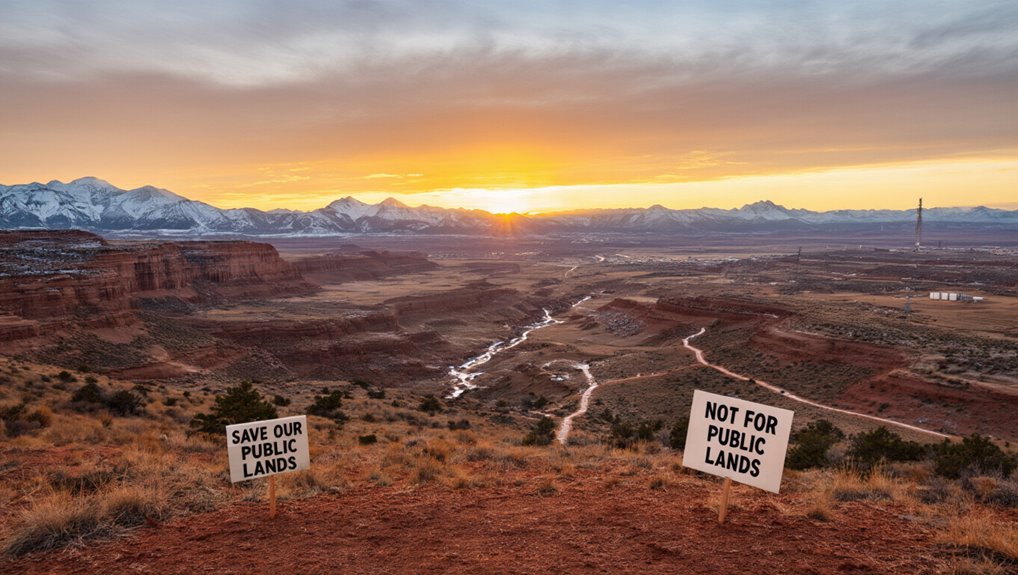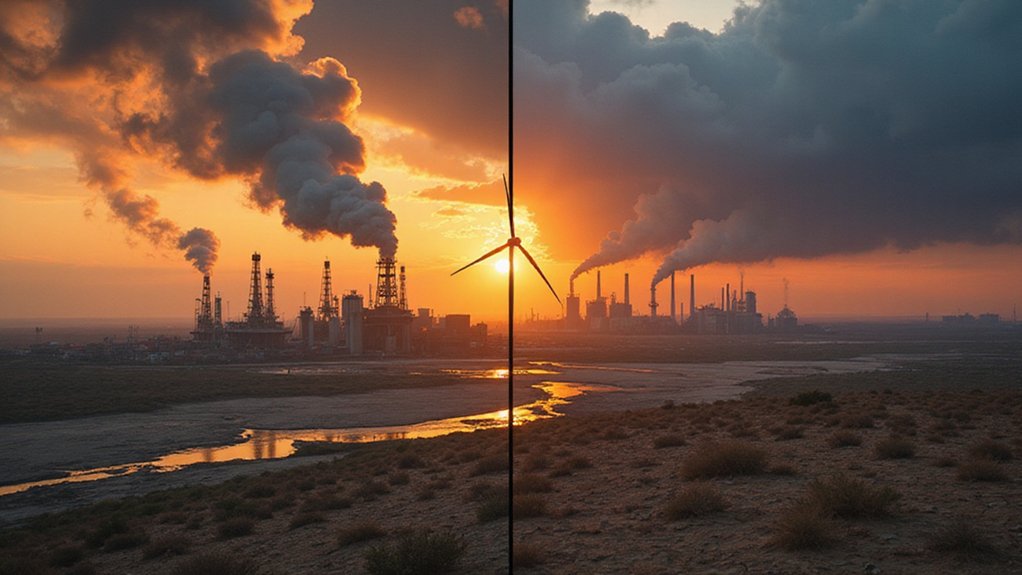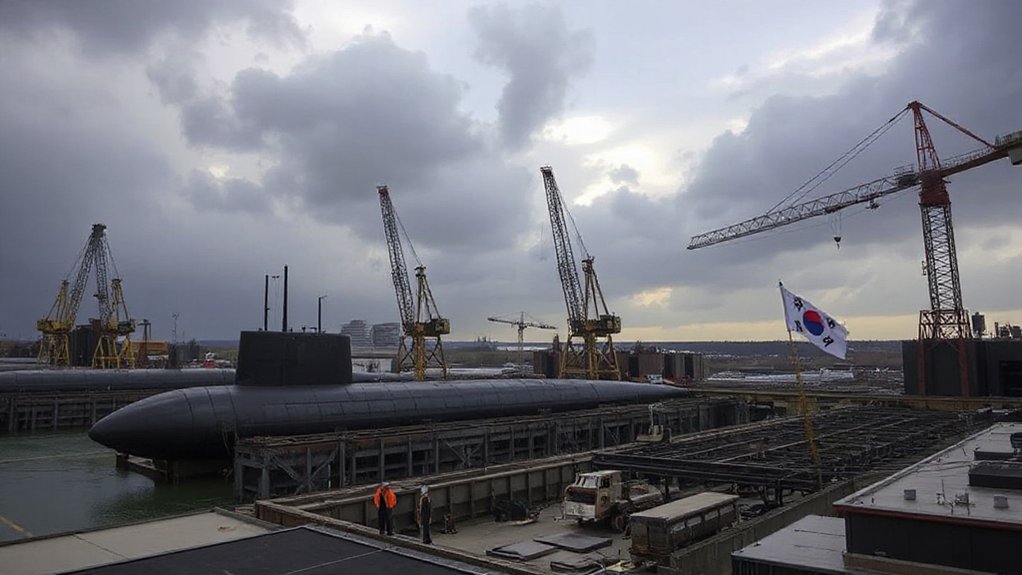Facing a firestorm of criticism, Senator Mike Lee has dramatically scaled back his controversial proposal to auction off millions of acres of federal territories across the West. The Utah Republican’s original plan would have put up to 3.3 million acres on the chopping block across 11 Western states.
Yeah, that went over about as well as a skunk at a garden party.
Lee initially pitched the land sale as a solution to housing shortages. The legislation aimed to sell parcels for “housing-related needs” — whatever that means. Critics quickly pointed out that nothing in the bill’s language guaranteed affordable housing. Luxury mountain homes, anyone?
Converting federal lands to luxury ski chalets won’t solve America’s affordable housing crisis. Nice try, Senator.
The backlash was swift and fierce. Outdoor enthusiasts were outraged. Conservation groups mobilized. Even Lee’s political allies started backing away. Popular Utah ski areas like Alta and Snowbird, operating under Forest Service permits, could have been affected. Hikers, campers, and nature lovers weren’t having it.
Turns out Americans actually like their public territories. Who knew?
Facing mounting pressure, Lee announced major revisions on social media. The new plan completely removes U.S. Forest Service lands from consideration and “significantly reduces” eligible BLM parcels. Only land within five miles of population centers would be included.
Lee promised the revised approach would “protect our farmers, ranchers, and recreational users.” His acknowledgment that you spoke, and I’m listening showed the impact of public feedback on the proposal.
Idaho Senators Mike Crapo and Jim Risch were among the Republican lawmakers who publicly opposed the original proposal, adding to the growing conservative resistance.
Too little, too late. The Senate Parliamentarian dealt the final blow by ruling that Lee’s provision couldn’t be included in the GOP’s megabill through budget reconciliation. This procedural knockout effectively blocked the proposal’s path forward.
The timing was awkward. Lee announced his scaled-back plan just before the parliamentarian’s ruling came down. Republicans had hoped to use reconciliation to bypass the Senate filibuster.
For now, the Western territories remain intact. Lee’s grand land sale is shelved. Public lands advocates are breathing a sigh of relief. Energy conservation groups argue that preserving these lands is crucial for promoting renewable energy solutions that could help reduce America’s carbon footprint.
But in Washington, bad ideas rarely stay buried for long.
References
- https://www.axios.com/local/salt-lake-city/2025/06/23/mike-lee-public-land-sale
- https://www.deseret.com/politics/2025/06/23/mike-lee-hints-at-changes-public-land-sales/
- https://www.axios.com/local/seattle/2025/06/23/gop-bill-washington-public-land-sales
- https://www.eenews.net/articles/senate-referee-rules-out-public-land-sales-in-megabill/
- https://www.fox13now.com/news/politics/sen-mike-lee-revises-proposal-to-sell-off-massive-amounts-of-public-land









